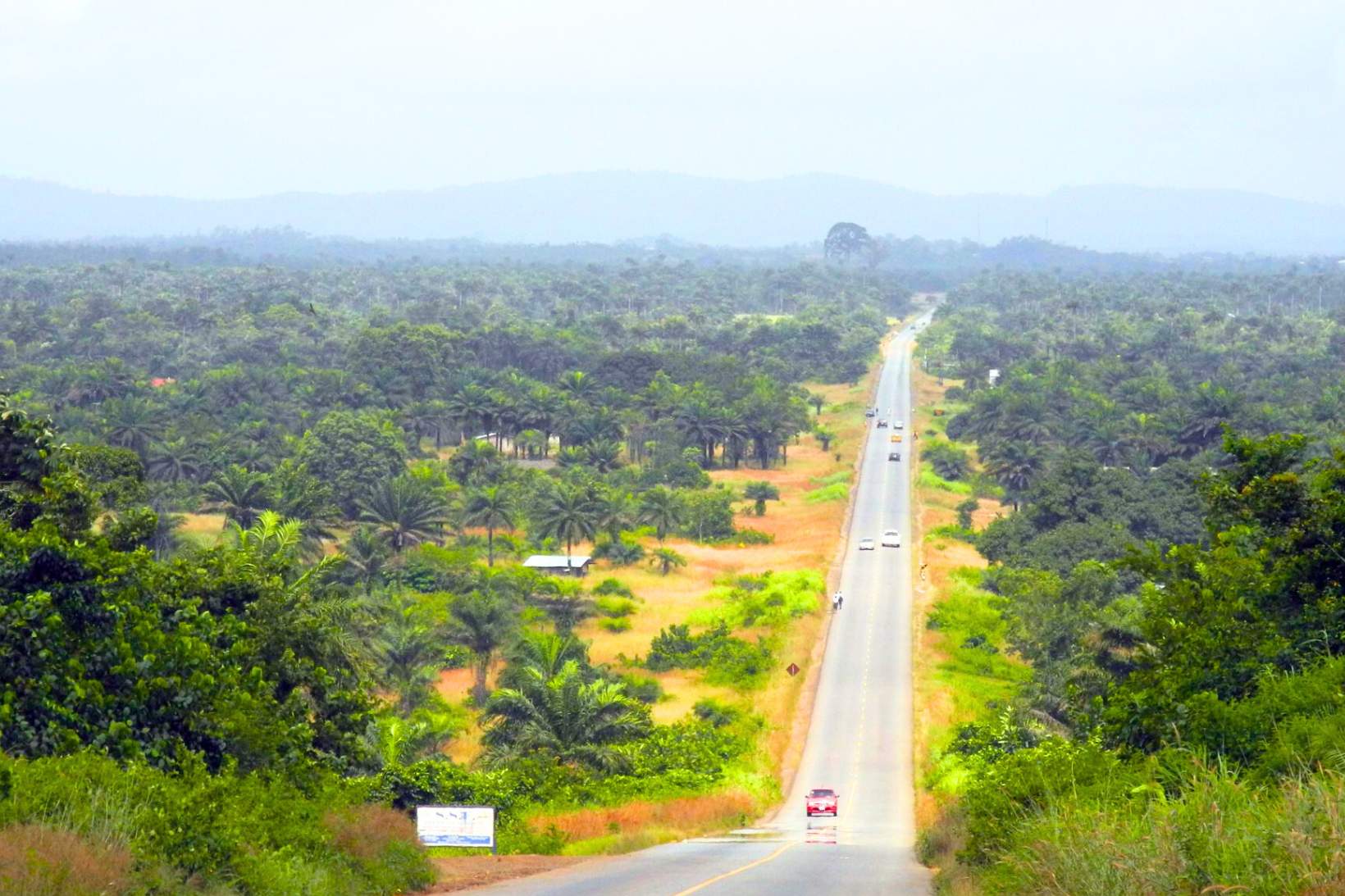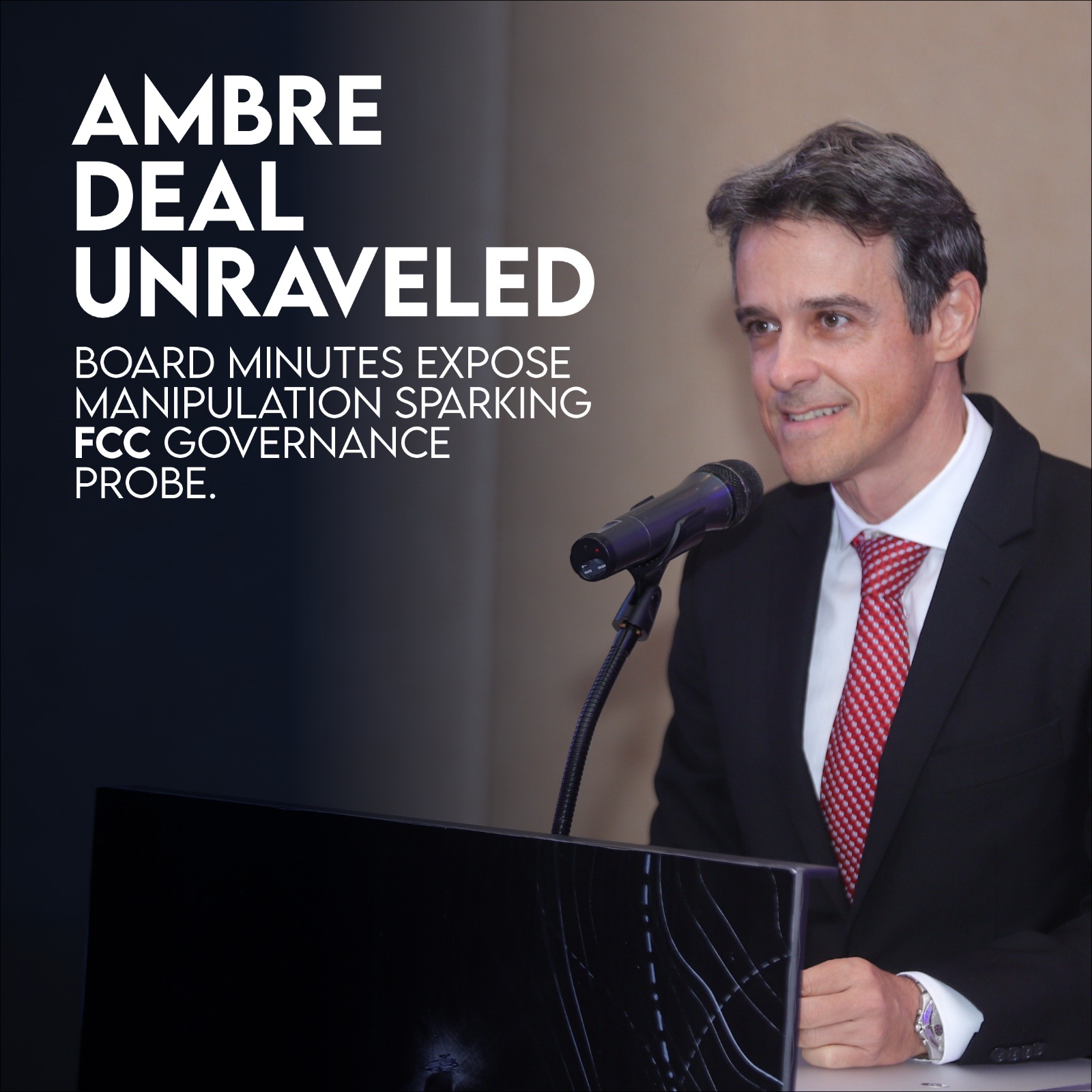Careysburg Poultry Farm, a US$26 million agricultural project initiated under the Weah administration, has recently been under scrutiny following President Joseph Boakai’s visit in May. Despite the official confirmation that the project operates as a public-private partnership (PPP) aligned with the government’s ARREST agenda, many questions remain unanswered regarding ownership, investment transparency, and future plans. This article explores the five urgent questions that need clarification to ensure the project’s success and public trust.
Careysburg Poultry Farm: What Is the Exact Ownership Structure?
Understanding the ownership details of the Careysburg Poultry Farm is crucial for transparency and accountability. Since the project is touted as a public-private partnership, it is essential to clarify which private entities are involved and what stakes they hold compared to government shares. Lack of clear information has led to speculation among stakeholders and the public, raising concerns about possible mismanagement or conflicts of interest. Detailed disclosures will help build confidence and foster greater cooperation.
Careysburg Poultry Farm: How Is the Investment Being Managed?
With an investment of US$26 million, the management of funds must be transparent and efficient. Questions arise about how the capital has been allocated, the timeline of disbursements, and the mechanisms in place to monitor spending and progress. Given the significance of this project for Liberia’s agricultural sector and economy, stakeholders demand detailed financial reporting and oversight to prevent misappropriation and ensure that the investment yields tangible benefits.
What Role Does Careysburg Poultry Farm Play in the Government’s ARREST Agenda?
The ARREST agenda is the government’s strategic framework to boost agriculture, reduce unemployment, and stimulate economic growth. Careysburg Poultry Farm’s alignment with ARREST positions it as a flagship project. However, the exact contributions, targets, and milestones within this agenda are yet to be clearly communicated. How the farm supports job creation, food security, and export potential remains a key inquiry for policymakers and citizens alike.
How Will the Careysburg Poultry Farm Impact Local Communities?
The socioeconomic impact on local communities surrounding Careysburg is a critical aspect of the project’s sustainability. Questions include what employment opportunities will be created, how local farmers and suppliers might benefit, and the measures to mitigate any environmental concerns. Ensuring community involvement and benefit-sharing is vital to the project’s long-term success and acceptance.
What Are the Future Plans for Expansion and Sustainability at Careysburg Poultry Farm?
Looking forward, stakeholders are interested in the farm’s plans for scaling production, integrating technology, and implementing sustainable practices. Transparency on these future initiatives will help align public expectations and attract potential investors or partners. Additionally, sustainability efforts will ensure that the project contributes positively to Liberia’s agricultural development for years to come.
Careysburg Poultry Farm: Investment Transparency and Public Accountability
The substantial investment in Careysburg Poultry Farm necessitates rigorous transparency to maintain
public trust. Given that US$26 million is a significant sum, it is imperative that detailed accounts of expenditure are published regularly.
Financial audits conducted by independent bodies should be accessible to stakeholders and citizens. Transparency not only discourages corruption but also attracts further investment by showcasing prudent fiscal management.
Furthermore, public accountability mechanisms, such as community oversight committees or stakeholder forums, can play a pivotal role. These platforms enable dialogue between the project managers, government officials, and local residents, ensuring that concerns are addressed promptly. The integration of technology—like real-time project dashboards accessible online—can also enhance transparency and allow the public to monitor progress firsthand.
Such measures align with Liberia’s commitment to good governance and serve as models for other large-scale agricultural projects. Ensuring that Careysburg Poultry Farm adheres to these standards is essential for its long-term viability and reputation.
Careysburg Poultry Farm and Job Creation in Liberia’s Agricultural Sector
One of the most anticipated benefits of the Careysburg Poultry Farm project is job creation. With the agricultural sector employing a large portion of Liberia’s workforce, initiatives like this can significantly reduce unemployment, especially among youth and women. The farm’s operational needs span from skilled agricultural workers, veterinarians, and feed specialists to administrative and logistics staff.
The government’s ARREST agenda emphasizes employment as a pathway to economic stability. The farm is expected to implement training programs to equip local residents with the necessary skills. Partnerships with vocational institutions can strengthen this capacity-building effort, creating a pipeline of qualified workers. Moreover, by sourcing inputs from local suppliers and fostering related small businesses, the project can generate a ripple effect boosting the local economy.
Continued monitoring of employment outcomes is vital to ensure targets are met and to adjust strategies as needed. This focus will reinforce the farm’s role not just as a production unit but as a catalyst for socio-economic transformation.
Environmental Sustainability Practices at Careysburg Poultry Farm
In an era where sustainability is paramount, the Careysburg Poultry Farm must prioritize environmentally friendly practices. These include waste management systems to handle poultry manure, water conservation techniques, and reducing greenhouse gas emissions through efficient energy use. Implementing biosecurity measures also protects both the farm’s productivity and local ecosystems.
Adopting sustainable practices can also position the farm favorably in export markets increasingly demanding eco-certified products. Engaging with environmental NGOs and government agencies to develop and implement sustainability plans will demonstrate commitment to responsible agriculture. Periodic environmental impact assessments should be made public to assure stakeholders that the farm’s operations do not harm surrounding communities or natural resources.
Such initiatives can also serve as a benchmark for other agricultural projects in Liberia, promoting a culture of sustainability within the sector.
Technology Integration and Innovation in Careysburg Poultry Farm
The integration of modern technology can transform the Careysburg Poultry Farm into a leading example of innovation in Liberia’s agricultural sector. Automation in feeding, climate control in poultry houses, and data analytics for health monitoring are among the technologies that can boost efficiency and output. Utilizing drones and satellite imagery can assist in farm management and disease prevention.
Moreover, digital platforms can streamline supply chain management, traceability, and marketing efforts. Such technological adoption requires investment not only in hardware but also in training personnel. Collaborations with tech startups and international experts can accelerate this process. Emphasizing innovation will make the farm resilient against future challenges and more competitive globally.
Careysburg Poultry Farm: Investment Transparency and Public Accountability
The substantial investment in Careysburg Poultry Farm necessitates rigorous transparency to maintain public trust. For detailed reports on similar agricultural projects and investment oversight in West Africa, stakeholders can refer to FrontPage Africa, a reputable local news source providing in-depth coverage of Liberia’s economic developments.
Furthermore, public accountability mechanisms, such as community oversight committees or stakeholder forums, can play a pivotal role. These platforms enable dialogue between the project managers, government officials, and local residents, ensuring that concerns are addressed promptly. The integration of technology—like real-time project dashboards accessible online—can also enhance transparency and allow the public to monitor progress firsthand.
Such measures align with Liberia’s commitment to good governance and serve as models for other large-scale agricultural projects. Ensuring that Careysburg Poultry Farm adheres to these standards is essential for its long-term viability and reputation.
Careysburg Poultry Farm: Strengthening Partnerships for Success
The success of the Careysburg Poultry Farm hinges on strong partnerships between government agencies, private investors, local communities, and international organizations. Coordination among these stakeholders ensures resource optimization, risk sharing, and the leveraging of expertise. Transparent communication and shared goals are vital components of effective collaboration.
Engagement with financial institutions can also facilitate access to credit and insurance, mitigating financial risks. Furthermore, partnerships with research institutions can foster continuous improvement through applied research and innovation. Establishing a governance structure that includes representatives from all key parties will promote accountability and collective ownership.
Building and maintaining these partnerships is critical to ensuring that the Careysburg Poultry Farm fulfills its potential as a flagship agricultural project.
For the latest updates on agricultural projects and investments in Africa and Mauritius, visit our official website at Mauritius Biz Monitor.
Source: FrontPageAfrica via AllAfrica




